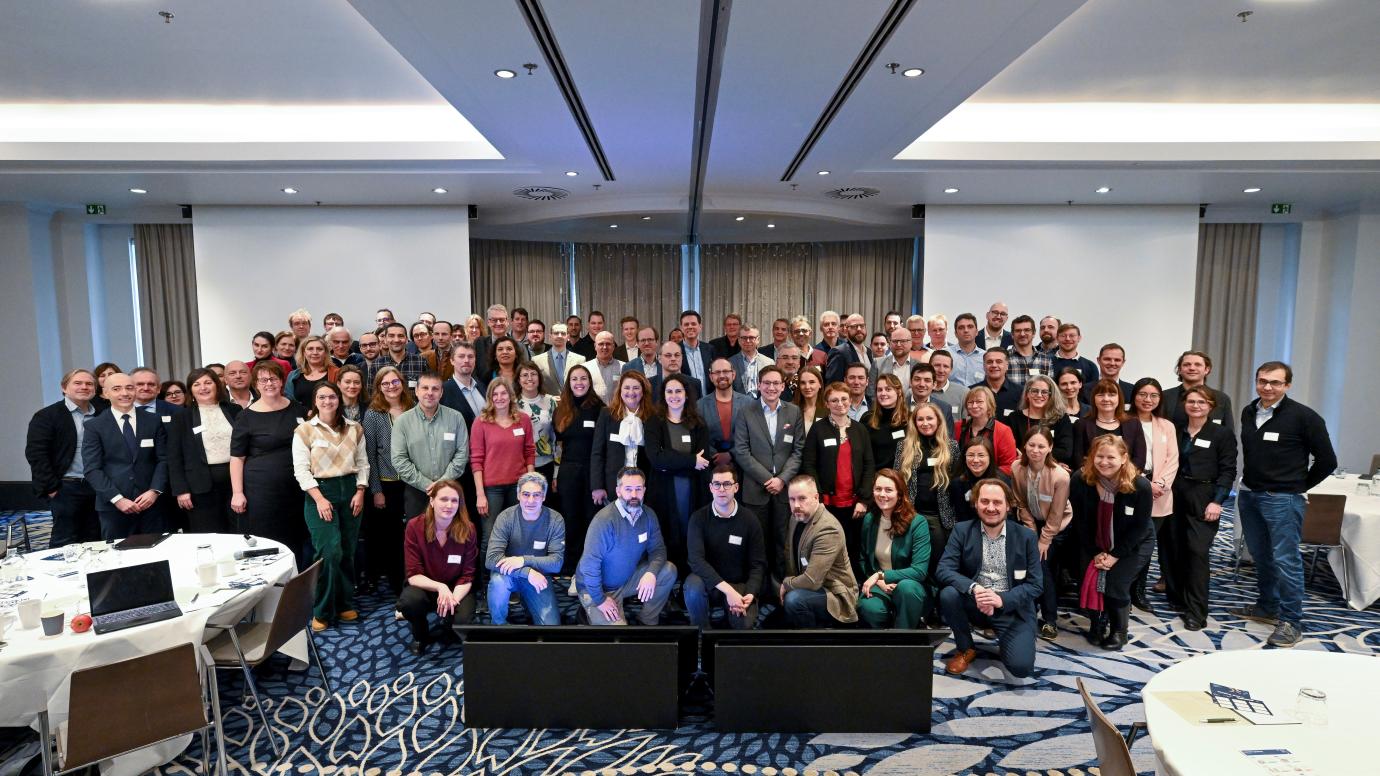The Higher Education Interoperabilty Workgroup in the European Digital Education Hub is set to overcome fragmentation in digital education.
This dedicated workgroup aims for a future in which data flows easily between teaching and learning systems (with a focus on virtual inter-university campuses), so students can move freely between institutions, and schools and universities can work together without limits.
We welcome new members to help make this vision a reality. One way do to this is by using the European higher education interoperability framework.
Join us in supporting and shaping the framework.
Why interoperability matters
Interoperability means that higher education systems across Europe can communicate with each other. Here’s why it’s important:
- Smooth learning journeys – students can access and transfer learning records, qualifications, and credentials across borders.
- Stronger partnerships– universities can collaborate, and share data, tools, and knowledge more easily.
- Less admin hassle – automatic data exchanges simplify enrolment, recognition, and student data management.
The Hub believes it’s time for a shared approach to these challenges. One that’s built together, across countries and sectors.
What happens in the working group?
The working group meets regularly to share good practices, solve problems, and test ideas. If you’re active in the higher education community, you’re invited to join us.
Here’s what you can take part in:
- Monthly Q&A sessions – ask anything about the framework
- Quarterly onboarding sessions – find out what’s available and how to get involved
- Online community conference – join us in November 2025 to discuss key challenges and opportunities in higher education interoperability
- Early adopters call – we’re looking for institutions ready to start using the framework; this includes universities and European University alliances
- Massive open online courses (MOOC) - engaging and interactive e-learning to guide you through the framework (coming soon)
We also host a multi-stakeholder coordination group. It gathers important people from higher education. They help create standards that are inclusive, clear, and ready for the future.
Join the working group
Since 2023, the group has grown to almost 250 members from 34 countries. Members include:
- European University alliances
- universities and higher education institutions
- standards and EdTech organisations
- student bodies
- the European Commission
If you have experience or interest in these topics, we’d love to hear from you. You can help scale the framework, support its rollout, and build stronger collaboration across virtual learning systems.
The group is voluntary, and participation is unpaid.
What's new
Get the latest news and updates from the interoperability working group.



